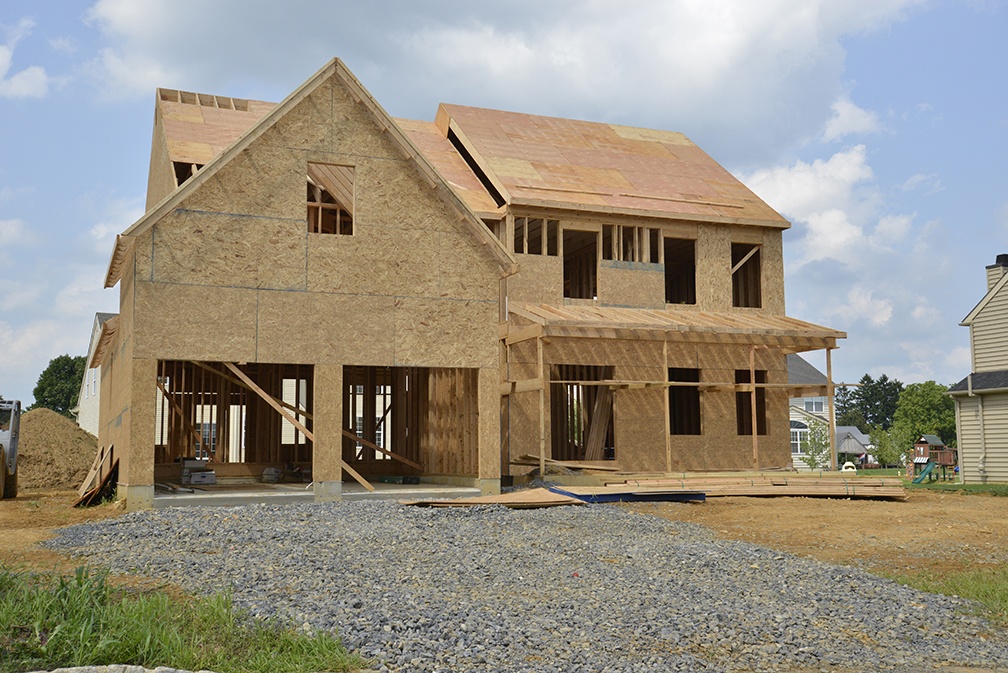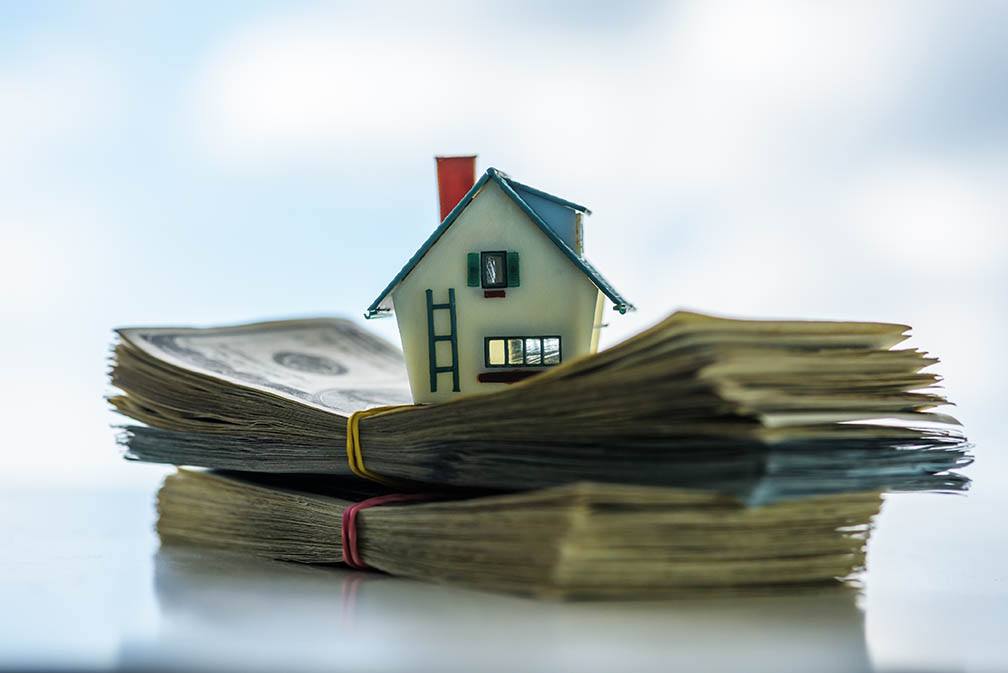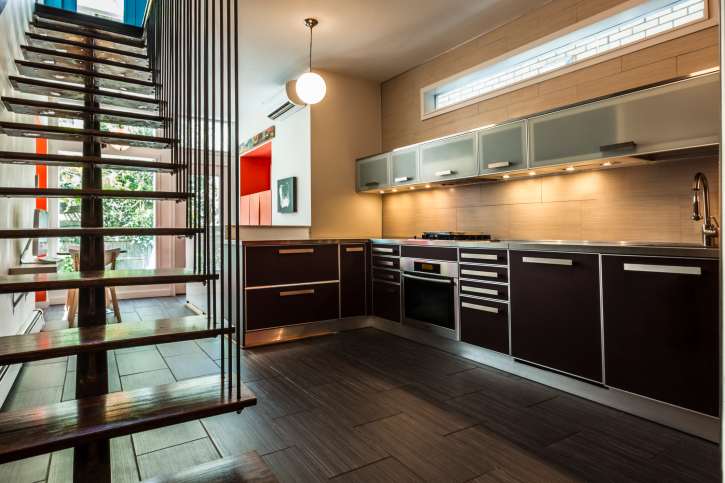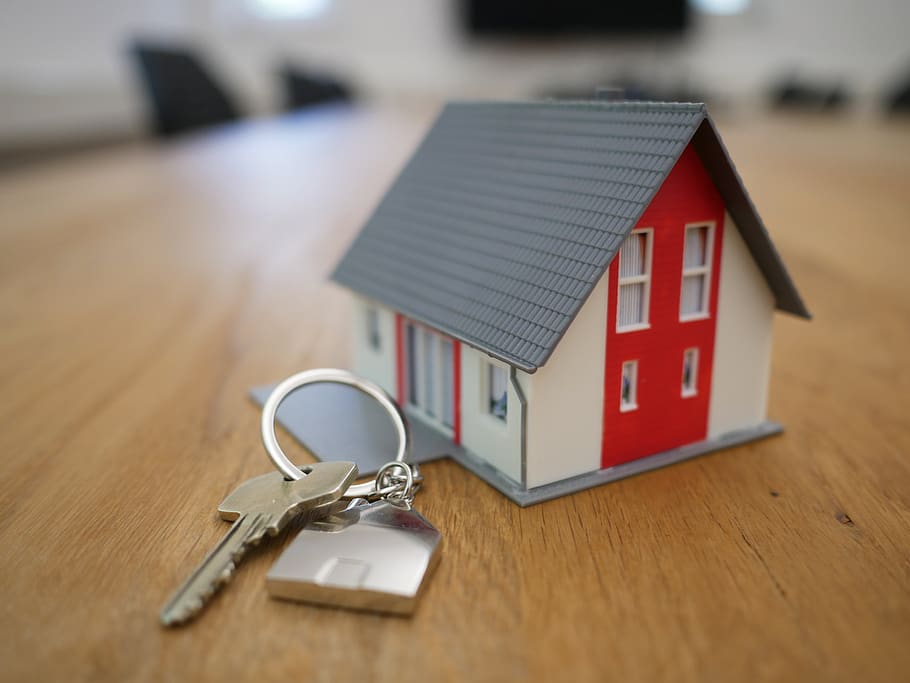NAHB: Home Builder Confidence Ticks Up in April
 The national reading for home builder confidence rose one point to an index reading of 83 in April; the National Association of Home Builders predicted a reading of 84. Component readings for April’s national index readings were mixed. Builder confidence in current market conditions for single-family homes rose one point to 88. Builder confidence in market conditions for single-family homes in the next six months fell two points to 81 but homebuilder confidence in buyer traffic in new home developments rose two points to an index reading of 75.
The national reading for home builder confidence rose one point to an index reading of 83 in April; the National Association of Home Builders predicted a reading of 84. Component readings for April’s national index readings were mixed. Builder confidence in current market conditions for single-family homes rose one point to 88. Builder confidence in market conditions for single-family homes in the next six months fell two points to 81 but homebuilder confidence in buyer traffic in new home developments rose two points to an index reading of 75.
Readings over 50 indicate a majority of builders are positive about housing market conditions. Buyer traffic readings published before the pandemic rarely exceeded index readings of 50.
Regional Home Builder Confidence Varied
Regional readings for home builder confidence varied in April. The Northeast region reported an index reading of 84 in April, which was two points lower than in March. The Midwestern region’s April reading was three points lower at 75 than in March. Homebuilder confidence in the South rose two points to 84 and builder confidence in the West was unchanged with an index reading of 92.
NAHB’s Three-month moving average of regional homebuilder confidence in housing market conditions reported for the Northeast rose six points to 86; builder confidence in the Midwest fell two points to 78 and builder confidence in housing market conditions rose one point to 83. Builder confidence in housing market conditions in the West was unchanged at an index reading of 90.
High Demand for Homes Persists as Materials Costs Limit Affordability
Shortages of available pre-owned homes continued to boost new home sales, but rising materials costs and supply chain issues presented ongoing challenges to builders. NAHB Chair Fowkes said, “The supply chain for residential construction is tight, particularly regarding the cost and availability of lumber, appliances, and other building materials.”
Affordability is a substantial obstacle for first-time and moderate-income home buyers Prices of pre-owned homes are rising at their fastest pace in 15 years as mortgage rates move higher. NAHB Chair Fowkes also said, “Though builders are seeking to keep prices affordable…policymakers must find ways to increase the supply of building materials as the economy runs hot in 2021.”
Homebuilders and potential home buyers can expect ongoing challenges in 2021. As home prices rise, fewer families can enter the housing markets; other potential buyers may decide to postpone buying homes until home price growth eases.

 When people are looking at buying a home, there are a few common mistakes that first-time homebuyers make; however, there are mistakes that seasoned homebuyers make as well. What are the most common mistakes that people make when they are looking for a new home for the second or third time? There are a few key examples to keep in mind.
When people are looking at buying a home, there are a few common mistakes that first-time homebuyers make; however, there are mistakes that seasoned homebuyers make as well. What are the most common mistakes that people make when they are looking for a new home for the second or third time? There are a few key examples to keep in mind.  If you’re in the process of buying a new home, you’ve likely heard the term “closing costs” in regards to the many different fees and taxes that you’ll be required to pay during the purchase process.
If you’re in the process of buying a new home, you’ve likely heard the term “closing costs” in regards to the many different fees and taxes that you’ll be required to pay during the purchase process. Are you thinking about buying a new home? Congratulations!
Are you thinking about buying a new home? Congratulations! While businesses have fallen on hard times during the past few months, there are signs that the economy is going to start to recover quickly. This could mean that homebuyers are entering the market again as well.
While businesses have fallen on hard times during the past few months, there are signs that the economy is going to start to recover quickly. This could mean that homebuyers are entering the market again as well.